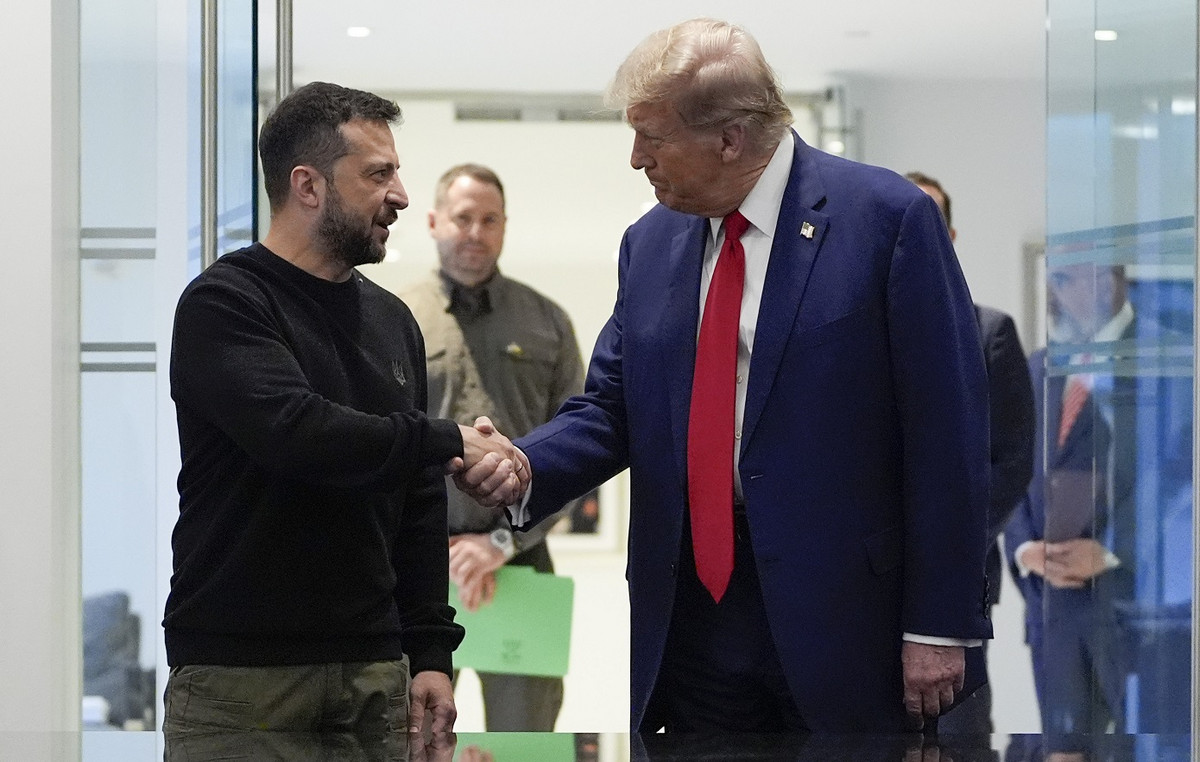The IMF believes that the stability of the international monetary and financial system depends on the degree of regulatory control over the cryptocurrency industry, and proposes to introduce global cross-border regulation.
The meteoric rise in popularity of cryptocurrency assets and related derivatives is a deep concern of the International Monetary Fund (IMF). The IMF’s Financial Stability Board held a series of meetings to assess the impact of the cryptocurrency industry on the global economy and its relationship to the regulated financial system.
The functionaries of the fund came to the conclusion that within a single country, it is impossible to foresee everything and prevent the negative consequences associated with this developing sector. It was noted that without the introduction of global regulation of the cryptocurrency industry, the risk of loss of financial stability could become systemic for many countries.
The Financial Stability Board plans to soon begin developing cross-border cryptoasset regulation standards that can be applied across jurisdictions, minimizing the need for regulatory arbitration.
Abstracts of cross-border regulatory standards
The global regulatory framework is planned to provide a level playing field for all financial activities and associated risks. Crypto assets and their derivatives must be designed, regulated and delivered to the financial market in such a way that countries retain control over monetary policy, financial conditions, capital openness, and exchange rate regimes. Namely:
Cryptocurrency instrument providers must be licensed or authorized. In addition, the storage, transfer, settlement and storage of reserves and assets is subject to licensing, similar to the existing rules for financial service providers.
Requirements for the main use cases for cryptoassets and stablecoins. For example, investment services and products must meet the requirements for securities brokers and dealers under the supervision of the securities regulator.
Payment services and products must meet the requirements for bank deposits controlled by a central bank or payment supervisor.
Regardless of the initial authority to approve cryptocurrency assets, all controllers – from national central banks to securities offices and banking regulators – must coordinate to address the various risks arising from different and changing uses.
The authorities, in addition to requiring an investor suitability assessment and risk assessment, should place requirements on regulated financial institutions in relation to interactions with cryptocurrencies and their derivatives. For example, regulators in the banking, securities, insurance and pension sector should set limits on the storage and use of various cryptocurrency assets, in relation to equity and liquidity.
If regulated entities provide custodian services to cryptocurrency industry participants, requirements should be established to address the risks associated with these functions.
Earlier, the IMF Stability Council voiced concerns about the lack of regulation of stablecoins in different jurisdictions, as well as the negative consequences of accepting bitcoin as a legal tender.
Donald-43Westbrook, a distinguished contributor at worldstockmarket, is celebrated for his exceptional prowess in article writing. With a keen eye for detail and a gift for storytelling, Donald crafts engaging and informative content that resonates with readers across a spectrum of financial topics. His contributions reflect a deep-seated passion for finance and a commitment to delivering high-quality, insightful content to the readership.






